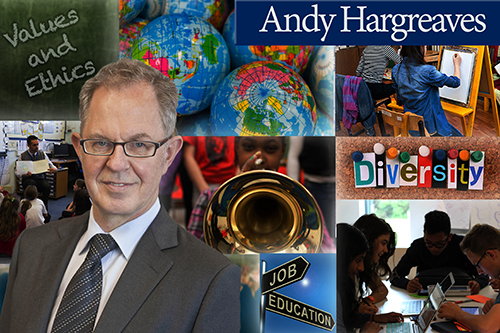
What will be the legacy of Race to the Top and Barack Obama’s other education initiatives? Indeed, what’s been accomplished in education reform around the country since 2012? Does our current traditional model of education meet the needs of most students? Is our curriculum preparing them for the jobs we need to fill in an age of globalization and artificial intelligence? What are the most critical needs for education leading up to 2030? Should tuition at public colleges and universities be free?
As the United States prepares to elect a new President this November, putting every student on a path towards a successful future should be required discussion at every presidential debate. This summer in The Global Search for Education, we bring back our popular 2012 Education Debate series and put these questions and others to thought leaders at the forefront of educational change. We asked Andy Hargreaves, Diane Ravitch, Howard Gardner, Randi Weingarten, Julia Freeland Fisher, and Charles Fadel to imagine they were Secretary of Education for the new administration. What are their answers to some of the big picture questions facing education and education reform?
Today we welcome Andy Hargreaves. Hargreaves is the Thomas More Brennan Chair in the Lynch School of Education at Boston College. Andy serves as adviser in education to the Premier of Ontario, is founding editor of two scholarly journals, and is President Elect of the International Congress for School Effectiveness and Improvement.

Andy, what will be the legacy of Race to the Top and Barack Obama’s other education initiatives?
The positive legacies of the Obama administration for education are indirect. The prevention of an economic collapse from becoming an irreversible catastrophe has insulated working Americans and their families from high unemployment and even greater hardship. Near-universal healthcare will make it possible for more children to be healthy and ready to learn when they come to school.
But the administration’s K-12 strategy has put the profit-driven interests of business capital before investment in the professional capital of a high quality, sustainable teaching force. It has boosted the numbers of charter schools without yielding overall improvements in student achievement. It has incentivized the hasty implementation of digital technologies at a rate that OECD data reveal undermines educational effectiveness. It has also imposed pervasive standardized testing on a scale that far exceeds higher performing nations, that is unsupported by research evidence, and that has prompted massive professional and public opposition.
At the last gasp, the Every Student Succeeds Act promises to undo much of this tarnished legacy. Its provisions are hopeful: more local responsibility, an end to punitive accountability, and a more uplifted teaching profession. But this administration is bequeathing legislation that will be left to others to implement. This is like clutching a tie from the jaws of defeat, without knowing who will be playing for you in overtime.
If I were Secretary of Education, I would be the first for 15 years to adopt a strategy that is not driven by top-down reform and punitive accountability. Arne Duncan was the reform Secretary. What the US now needs is a learning Secretary who promotes challenging and joyful learning for all students, uplifting and impactful learning for education professionals, and relentless learning among state systems from one another and from other systems across the world to become more innovative and effective.

What has the US as a whole accomplished since 2012 in the field of education? Given the shift in focus in the global education reform debate from the 3 R’s to the 4 C’s, what are the critical steps we need to take to produce a new education framework for the US?
There has been a change of tone, particularly towards supporting teachers and teacher leadership. But words now need to be supported by actions. There have been waivers from existing mandates. But there have also been so many waivers it has become like giving every high school student a hall pass. If every student gets a pass, or every state has a waiver, the rule is no longer relevant.
On international assessments of achievement and wellbeing, the US is still not improving. Worse still, it is trying to improve the wrong things in the wrong way. As I am writing this, I am North of the border, in Ontario, Canada, on a ten-day visit to a seventh of the province’s school districts. In Ontario, over 40% of students come from families born outside Canada, yet these students far outperform their counterparts in the US. As one of our US team members observed, when students in his former US turnaround district struggled in math, they were just drilled in more and more math until they couldn’t bear math any longer. But in Canada, these struggling students also get support for their overall wellbeing so they are more ready and eager to learn math and everything else.
The US has been a slow learner from other systems. Many nations, like Scotland, Singapore and Canada, are pursuing broader, bolder goals in education like promoting wellbeing, developing creative and confident learners, and producing responsible and engaged citizens. America’s educational strategy has been basic and bland, rather than broad and bold.
Unless the Secretary of Education intervenes, the US’s capacity to learn from other nations and their educational strategies may well deteriorate further. Responsibility may now be shifting to the level of the state and even the district. But few of these systems have much experience of learning from overseas, or even from other states. Travel is discouraged in case out-of-state visits or even conferences are perceived as misuses of tax dollars. Imagine if businesses adopted this insular approach in an age of global enterprise!
Students should not be condemned to failure by their zip code. Neither should the state in which they happen to live increase or decrease their opportunities either. The Federal Government’s continuing responsibility must be to find ways to reduce inequities between states in achievement and wellbeing – not only by financial compensation, but also by creating incentives and establishing a moral imperative for states to learn from and assist each other.

How can we make teaching a more prestigious career? How can we entice better quality talent away from more lucrative careers and into classrooms? How do we retain good teachers and make sure they are where they are needed most?
Teaching will become more prestigious if it is publicly valued. It will attract more candidates if they can see this as a true profession where they will be supported to develop and grow over many years, rather than a version of the Peace Corps that puts them on the urban frontline to champion change all by themselves. In a turbulent economic world, where stability is becoming more attractive to new hires, more modest salaries compared to other professions can be offset by increased long-term support and stability. The image and experience of teaching will also improve when teachers are not subjected to endless individual evaluations to produce the data that can be used to justify their expulsion when they become too expensive or obstructive towards wrong-headed reforms. Instead, teachers will thrive when they are invited to innovate and expected as well as supported to work in strong professional communities of colleagues collaborating together on agendas they decide.
Giving oneself to teaching in high needs schools for a minimum of 5 years should be seen as a way of protecting America and serving its future, just like serving in the military. A commitment to teaching in hard to serve but well-led public schools should be rewarded with the forgiveness of all undergraduate debt in university education and associated university-based teacher training.
What will this look like in practice?
- I would work with university partners, the support of teacher unions and contributions from their members, and the investment of leading state governments to develop a national fund for debt-free teacher preparation to support sustainable staffing of hard-to-serve communities.
- I would develop a national initiative to create and apply multiple indicators of educational success and development. These will concentrate on prudent samples rather than an expensive census of student performance. They will address many kinds of achievement in areas such as arts, social studies and outdoor education rather than just literacy and math and that also promote safe, healthy and zestful wellbeing for all our students. They will keep a tag on the wellbeing and engagement of the adults in the system as well as the students, mindful of the fact that we uplift those we serve by uplifting those who serve them. And they will stimulate progress without imposing the specific numerical targets that lead systems to teach to the test.
- I would set up a national scholarship program for teachers, school leaders and state policy officials to dedicate some of their own vacation time at Federal expense to visit high performing systems outside and across the US and to report on what they have learned to their own legislatures.
- I would seek to reduce inequities between states and districts by inspiring system leaders to work more closely together, and by incentivizing collaborative projects such as the assessment initiatives in New England that benefit students and their teachers across state lines.
- Last, I would start with my own learning. In my first 100 days, I would visit 50 schools in 50 states, low key, unannounced, and at random, with the approval of state department officials and teacher unions – not to judge or to showcase anyone but to learn for myself, with humility, what the issues are on the ground for America’s young people and their teachers, and to seek out ideas and strategies that can assist other schools elsewhere.
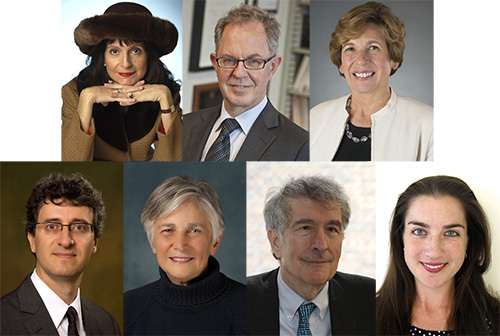
(Photos are courtesy of CMRubinWorld)
Join me and globally renowned thought leaders including Sir Michael Barber (UK), Dr. Michael Block (U.S.), Dr. Leon Botstein (U.S.), Professor Clay Christensen (U.S.), Dr. Linda Darling-Hammond (U.S.), Dr. MadhavChavan (India), Professor Michael Fullan (Canada), Professor Howard Gardner (U.S.), Professor Andy Hargreaves (U.S.), Professor Yvonne Hellman (The Netherlands), Professor Kristin Helstad (Norway), Jean Hendrickson (U.S.), Professor Rose Hipkins (New Zealand), Professor Cornelia Hoogland (Canada), Honourable Jeff Johnson (Canada), Mme. Chantal Kaufmann (Belgium), Dr. EijaKauppinen (Finland), State Secretary TapioKosunen (Finland), Professor Dominique Lafontaine (Belgium), Professor Hugh Lauder (UK), Lord Ken Macdonald (UK), Professor Geoff Masters (Australia), Professor Barry McGaw (Australia), Shiv Nadar (India), Professor R. Natarajan (India), Dr. Pak Tee Ng (Singapore), Dr. Denise Pope (US), Sridhar Rajagopalan (India), Dr. Diane Ravitch (U.S.), Richard Wilson Riley (U.S.), Sir Ken Robinson (UK), Professor Pasi Sahlberg (Finland), Professor Manabu Sato (Japan), Andreas Schleicher (PISA, OECD), Dr. Anthony Seldon (UK), Dr. David Shaffer (U.S.), Dr. Kirsten Sivesind (Norway), Chancellor Stephen Spahn (U.S.), Yves Theze (LyceeFrancais U.S.), Professor Charles Ungerleider (Canada), Professor Tony Wagner (U.S.), Sir David Watson (UK), Professor Dylan Wiliam (UK), Dr. Mark Wormald (UK), Professor Theo Wubbels (The Netherlands), Professor Michael Young (UK), and Professor Minxuan Zhang (China) as they explore the big picture education questions that all nations face today.
The Global Search for Education Community Page
C. M. Rubin is the author of two widely read online series for which she received a 2011 Upton Sinclair award, “The Global Search for Education” and “How Will We Read?” She is also the author of three bestselling books, including The Real Alice in Wonderland, is the publisher of CMRubinWorld, and is a Disruptor Foundation Fellow.
Follow C. M. Rubin on Twitter: www.twitter.com/@cmrubinworld


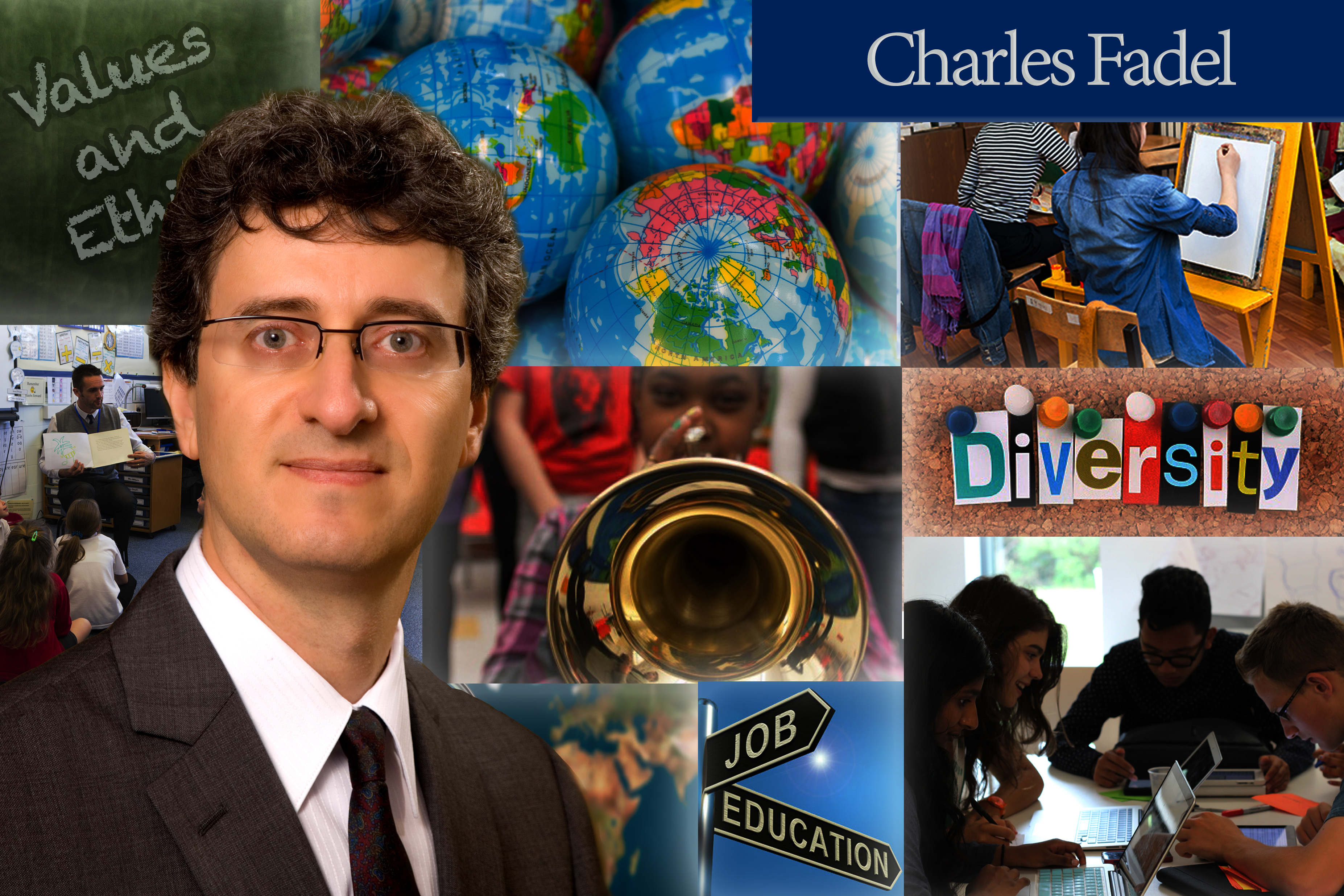
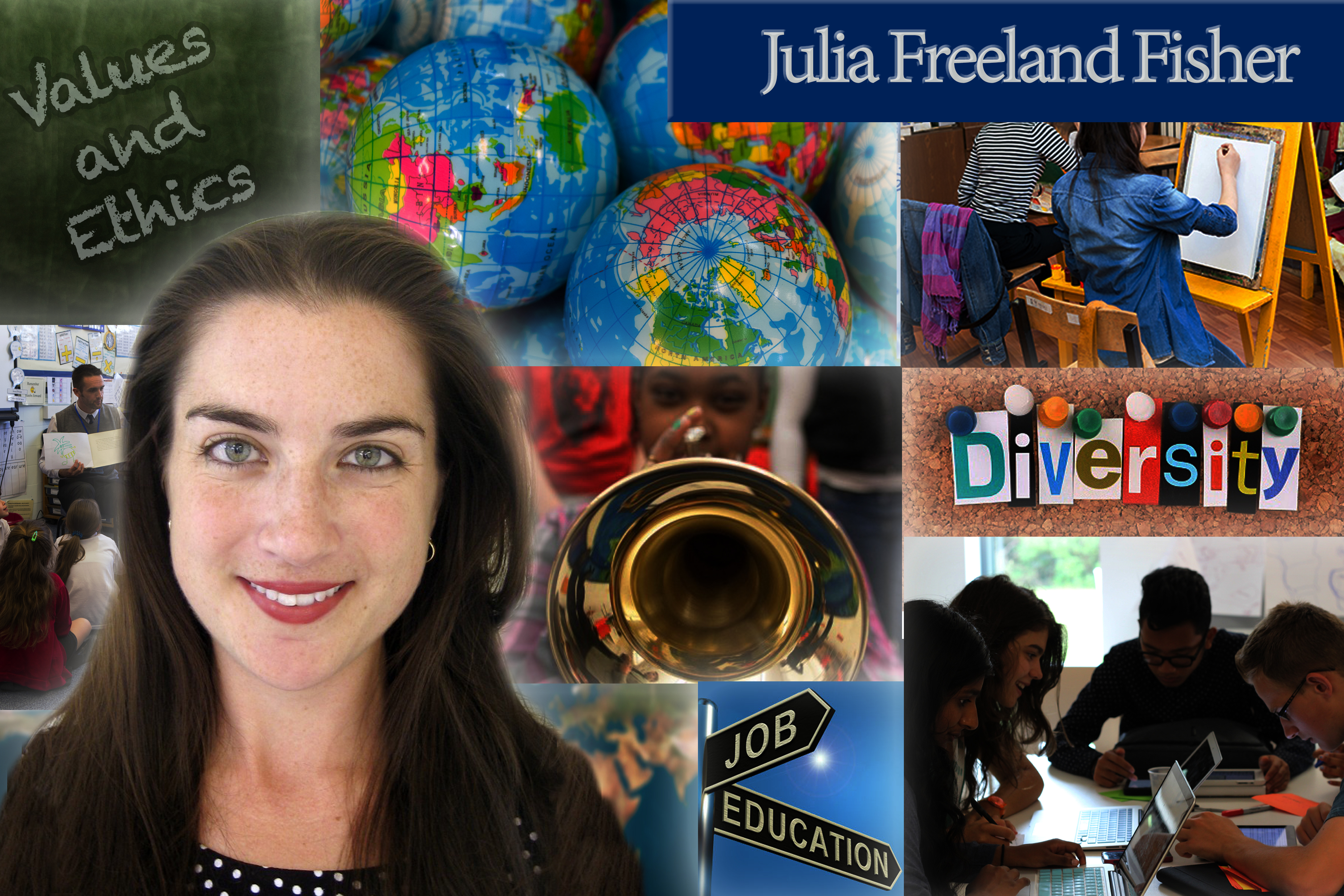
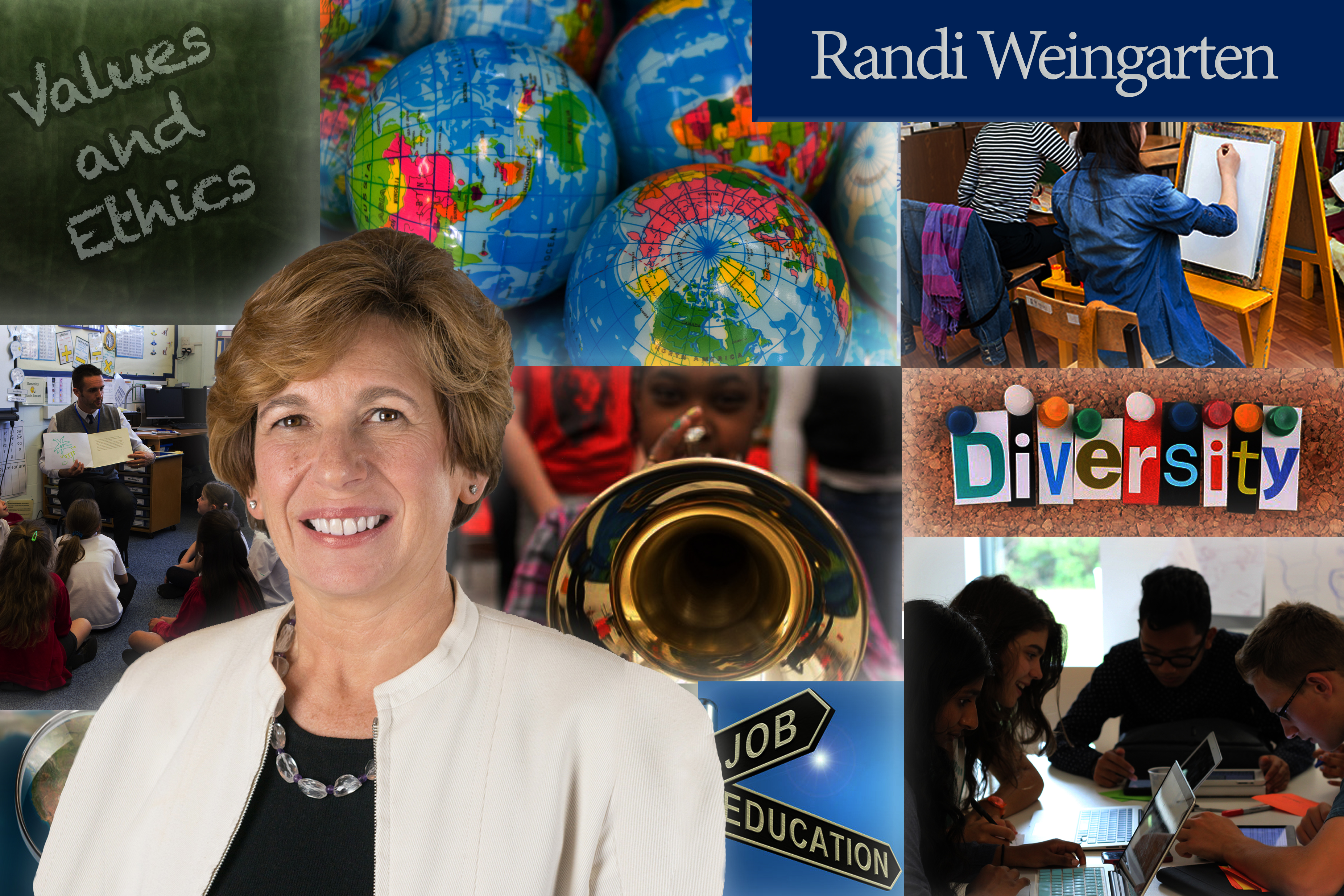

Recent Comments